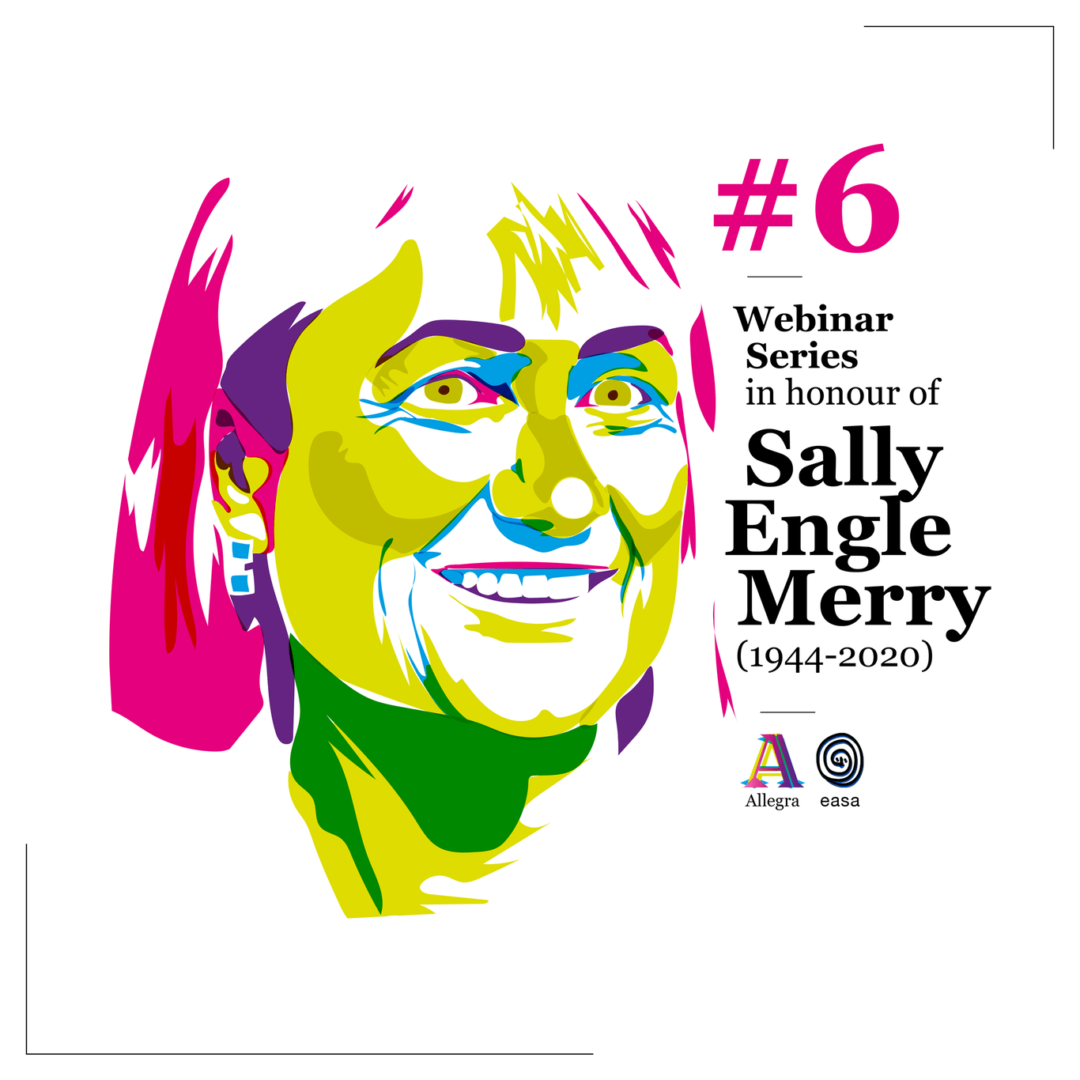Omri Grinberg (Hebrew University of Jerusalem and University of Haifa) will talk about “Vernacularizing Bureaucracy and Quantifying Violence: The Writing of Palestinians’ Testimonies in Israeli Human Rights NGOs”. Sylvie Bodineau (York University) will be the discussant.
When: 25 March 2021 / 2.00-3.30 pm CET
Link: https://zoom.us/j/93210372616pwd=dTZZ…
ID: 93210372616
Password: 4JzWZ6
Abstract
This paper examines the writing of Palestinians’ testimonies by Israeli NGOs documenting the violence of Israel’s occupation of the West Bank and Gaza. Its analytical framework is based on two of Sally Engle Merry’s main theoretical and thematic contributions to the study of human rights (HR) and NGOs: NGOs’ vernacularization of HR, and quantification of violence.
Since the first anti-occupation Israeli NGOs were founded in the late 1980s, they have relied on the same methodology for gathering data, and use the same main mode of representation: Palestinian witnesses’ narrations and their iterations as written testimony documents. In my dissertation research about the everyday bureaucracies of such NGOs, I found that this testimony-axis was shaped by two distinct activists groups who formed these NGOs: one of lawyers, and the other includes NGO activists and would-be professionals who were not legal experts, yet adamantly propagated legal-professionalism as the ideal mode for promoting HR.
Using data from participant-observation fieldwork in Israeli NGOs (2015-2016), I will highlight the bureaucratization of testimony-writing, and NGOs’ processes of classifying, listing and quantifying Palestinians’ experiences of Israel’s violence as HR violations. As I suggest, the primary (though not exclusive) designation of these HR vernacularizations, is not making HR speak to and for Palestinians vis-à-vis Israel and transnational institutions and audiences. Rather, the dominant element vernacularized is the bureaucracy of HR writing: Palestinians’ testimonies about the violence of Israel’s occupation is still bound by the 1980s vernacular of HR, which was shaped through NGOs’ ideological imperatives of the time.
Since the first anti-occupation Israeli NGOs were founded in the late 1980s, they have relied on the same methodology for gathering data, and use the same main mode of representation: Palestinian witnesses’ narrations and their iterations as written testimony documents. In my dissertation research about the everyday bureaucracies of such NGOs, I found that this testimony-axis was shaped by two distinct activists groups who formed these NGOs: one of lawyers, and the other includes NGO activists and would-be professionals who were not legal experts, yet adamantly propagated legal-professionalism as the ideal mode for promoting HR.
Using data from participant-observation fieldwork in Israeli NGOs (2015-2016), I will highlight the bureaucratization of testimony-writing, and NGOs’ processes of classifying, listing and quantifying Palestinians’ experiences of Israel’s violence as HR violations. As I suggest, the primary (though not exclusive) designation of these HR vernacularizations, is not making HR speak to and for Palestinians vis-à-vis Israel and transnational institutions and audiences. Rather, the dominant element vernacularized is the bureaucracy of HR writing: Palestinians’ testimonies about the violence of Israel’s occupation is still bound by the 1980s vernacular of HR, which was shaped through NGOs’ ideological imperatives of the time.
See you on Zoom!
Here is the full schedule of the webinar series.
You can also access the webinar videos on Allegra’s YouTube channel.





